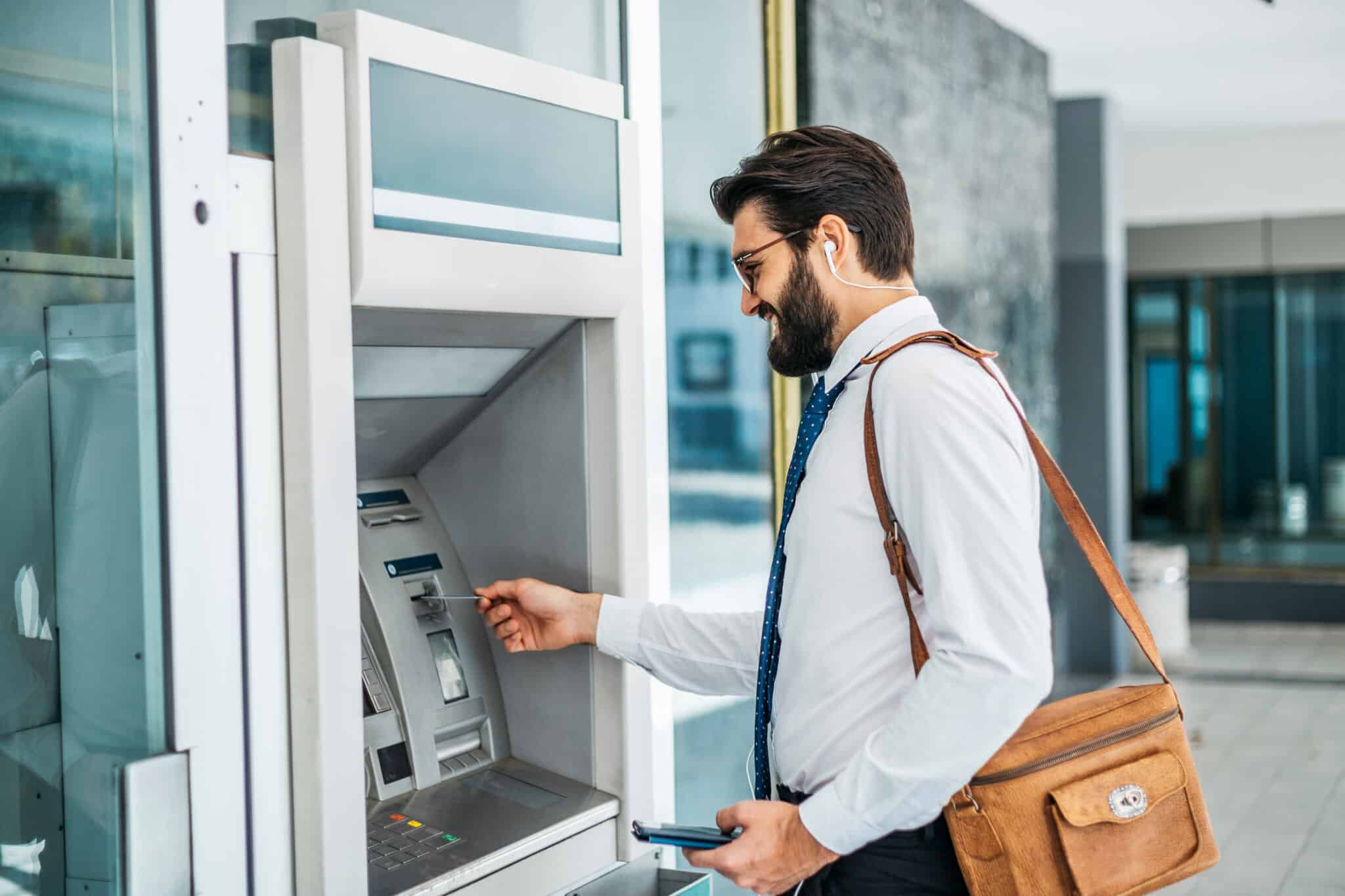Bank failures have made headlines recently, and it’s natural to wonder whether your money is safe in the bank. Silicon Valley Bank and Signature Bank both went under in recent weeks, while Credit Suisse and First Republic Bank have faced threats of failure. As interest rates remain high, additional banks could struggle, leaving consumers to wonder whether they can trust that their deposits are safe.
In general, the money you have in the bank is secured, but there are some steps you should take to make sure it’s as safe as possible.
Your Bank Deposits Are Insured
Money deposited in a U.S. bank is generally considered safe because the Federal Deposit Insurance Corporation (FDIC), an independent agency of the federal government, provides deposit insurance to protect depositors in case a bank fails. The FDIC was created in 1933 after a rise in bank failures wiped out many Americans’ savings. Since FDIC insurance began in 1934, no depositor has lost insured funds because of bank failure, according to the FDIC.
Today, the FDIC insures deposits up to $250,000 per depositor, per account ownership category, per bank. Account categories include checking accounts, savings accounts, money market accounts and certificates of deposit (CDs).
For example, if you have a savings account and a checking account at the same bank, each of those accounts is insured by the FDIC up to $250,000. If one of your accounts is a joint account with your spouse, for example, that means there are two depositors, so it’s insured up to $500,000.
If you bank at a credit union, your deposits are also backed by the U.S. government up to the same amount, but for credit unions, the insurance comes through the National Credit Union Administration (NCUA).
Your Bank Is Regulated
In addition to providing deposit insurance, the FDIC also closely regulates banks to ensure their safety and soundness. Banks must meet specific capital requirements and undergo regular examinations to make sure they are financially stable and able to meet their obligations to depositors.
Your Bank Likely Has Internal Security
In addition, most banks have their own security measures in place to keep your money safe. Those additional measures might include fraud monitoring, encryption, and firewalls, which can help protect customer accounts and personal information.
4 Steps to Ensure Your Money Is Safe
While funds deposited in a U.S. bank are typically safe, you can take some important steps to make sure your money is protected. Consider these four steps to safeguard your deposits.
- Verify that the bank is FDIC-insured. Before depositing your money in a bank, make sure that bank is insured by the FDIC. You can check by looking at the BankFind tool on the FDIC website or by looking for the FDIC logo on the bank’s website or in its branch locations. To determine whether your credit union is insured, use the NCUA’s Credit Union Locator.
- Keep your deposit amounts within the insurance limit. Make sure your account balances do not exceed the FDIC insurance limit of $250,000 per depositor, per account ownership category, per bank. If you have more than that amount to deposit, it’s a good idea to spread your funds across multiple banks or multiple account types to make sure that all your deposits are fully insured.
- Choose a reputable financial institution. Before depositing funds at a bank or credit union, research the institution’s reputation and financial stability. Check the organization’s financial statements, ratings from credit rating agencies like Moody’s or Standard & Poor’s, and any news articles about its financial health.
- Use secure banking practices. Take responsibility to protect your own account information by using strong passwords and two-factor authentication. Don’t share your login information or personal information with anyone and be vigilant about keeping track of your accounts for signs of fraud or unauthorized account activity.
In addition to monitoring the safety of your bank deposits, keeping track of your credit is another important part of your financial security. ScoreSense makes it easy to track all three of your credit scores and reports. If you’re not a member, try a 7-day trial now.




